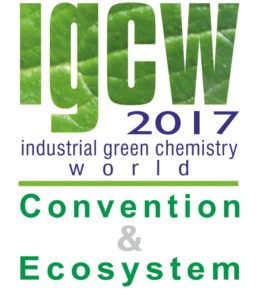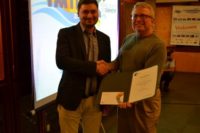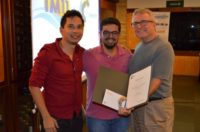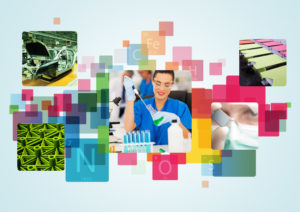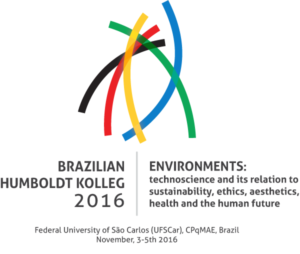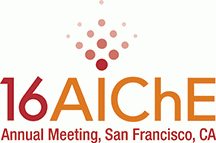The 8th Symposium on Ionic liquids, Japan was held at Tokyo University of Agriculture and Science on the 23 and 24th Nov. The event was chaired by Prof Hiroyuki Ohno and was attended by 269 guests, with 114 posters and 28 talks.
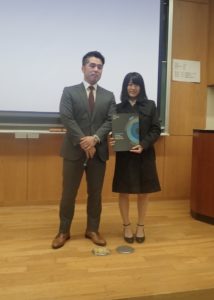 |
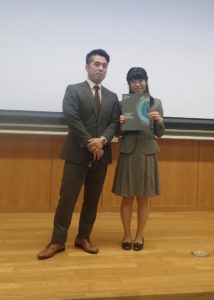 |
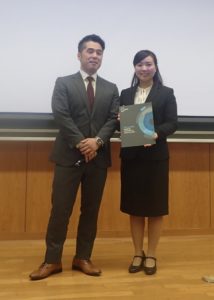 |
||
|
PCCP poster award Ms. Erika Nozaki Niigata University, “Water-in Salt” the Li+ Local Structure in Super Concentrated Li salt aqueous solution by Neutron/X-ray” |
|
Green Chemistry poster award Ms. Eri Hayashi Yokoyama National University, “Role of cation structure in CO2 Separation by Ionic Liquid/Sulfonated Polyimide Composite Membrane” |
|
ChemComm poster award Ms. Shiori Nomoto Tokyo Institute of Technology, “Evaluation of Madelung energy of Ionic Liquid using Ultraviolet Photoelectron Spectroscopy” |











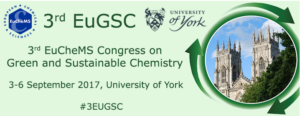
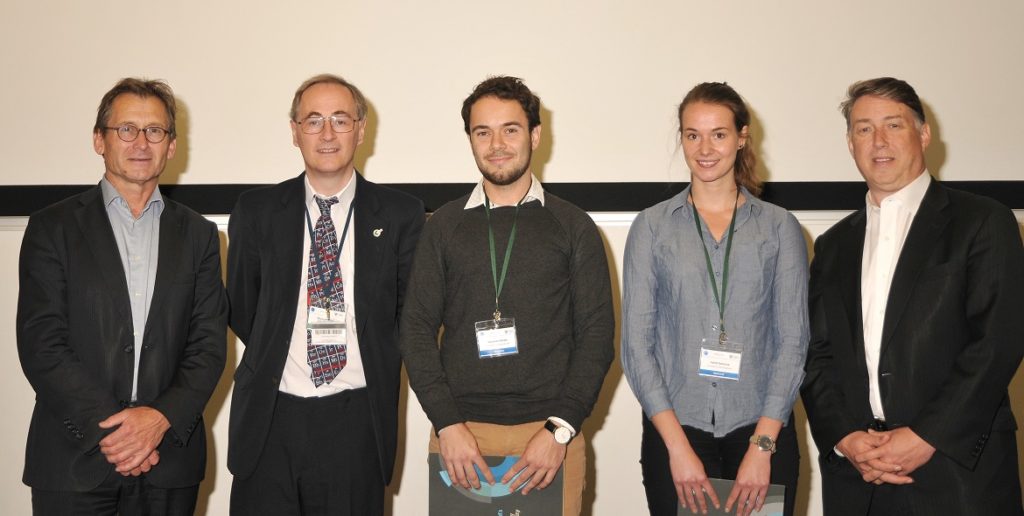
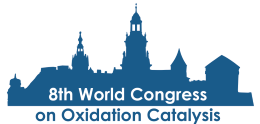 The
The 